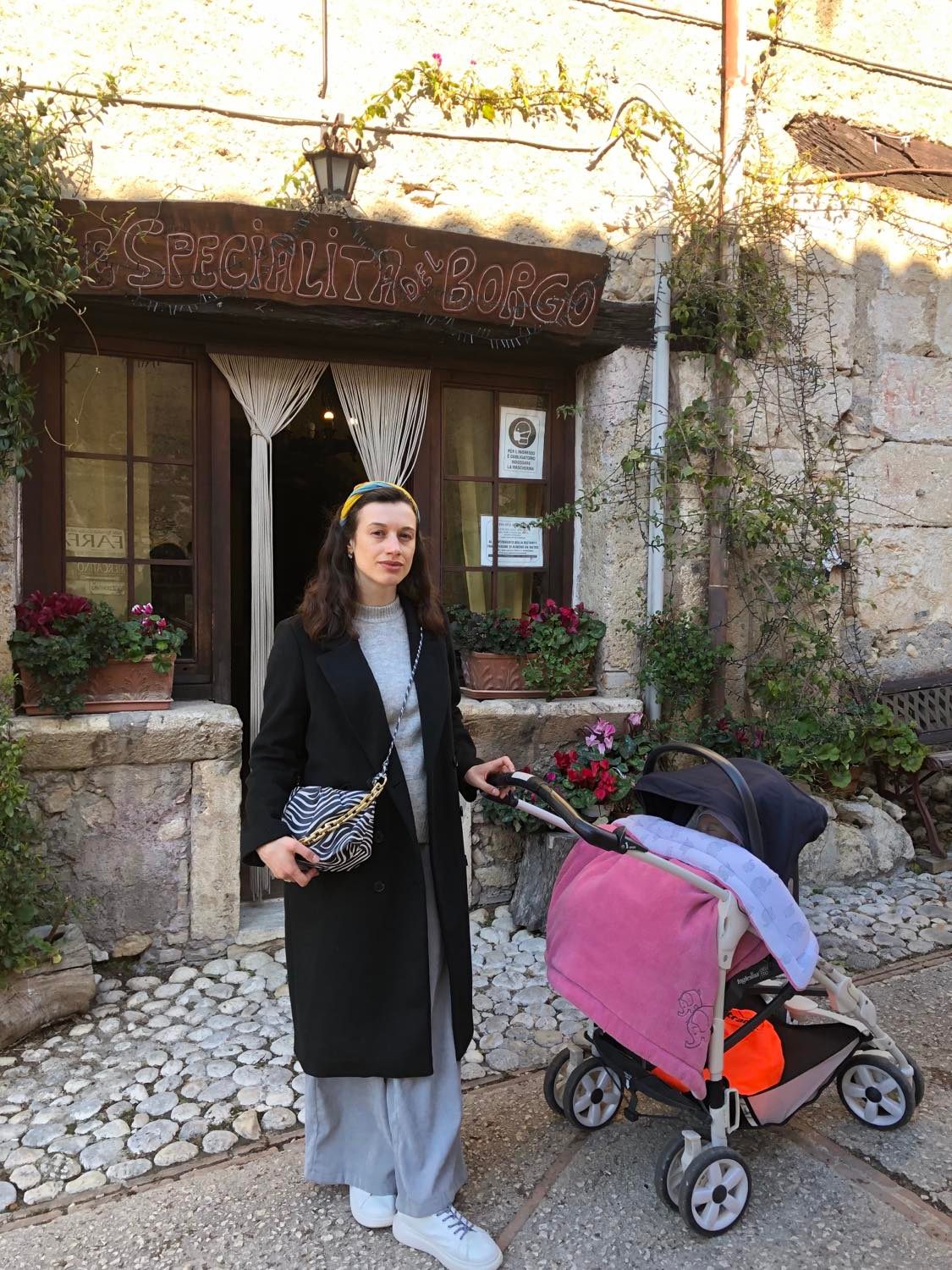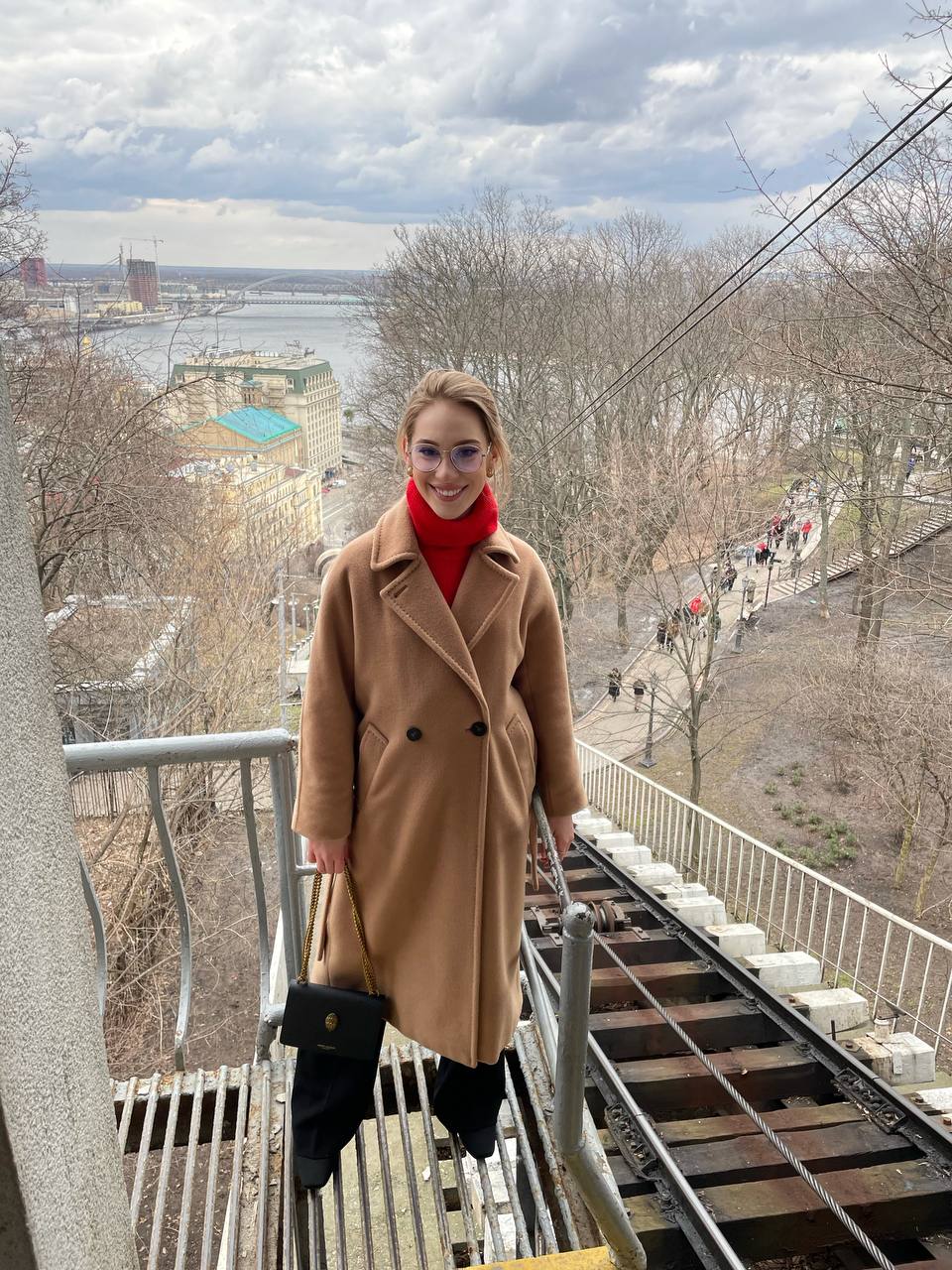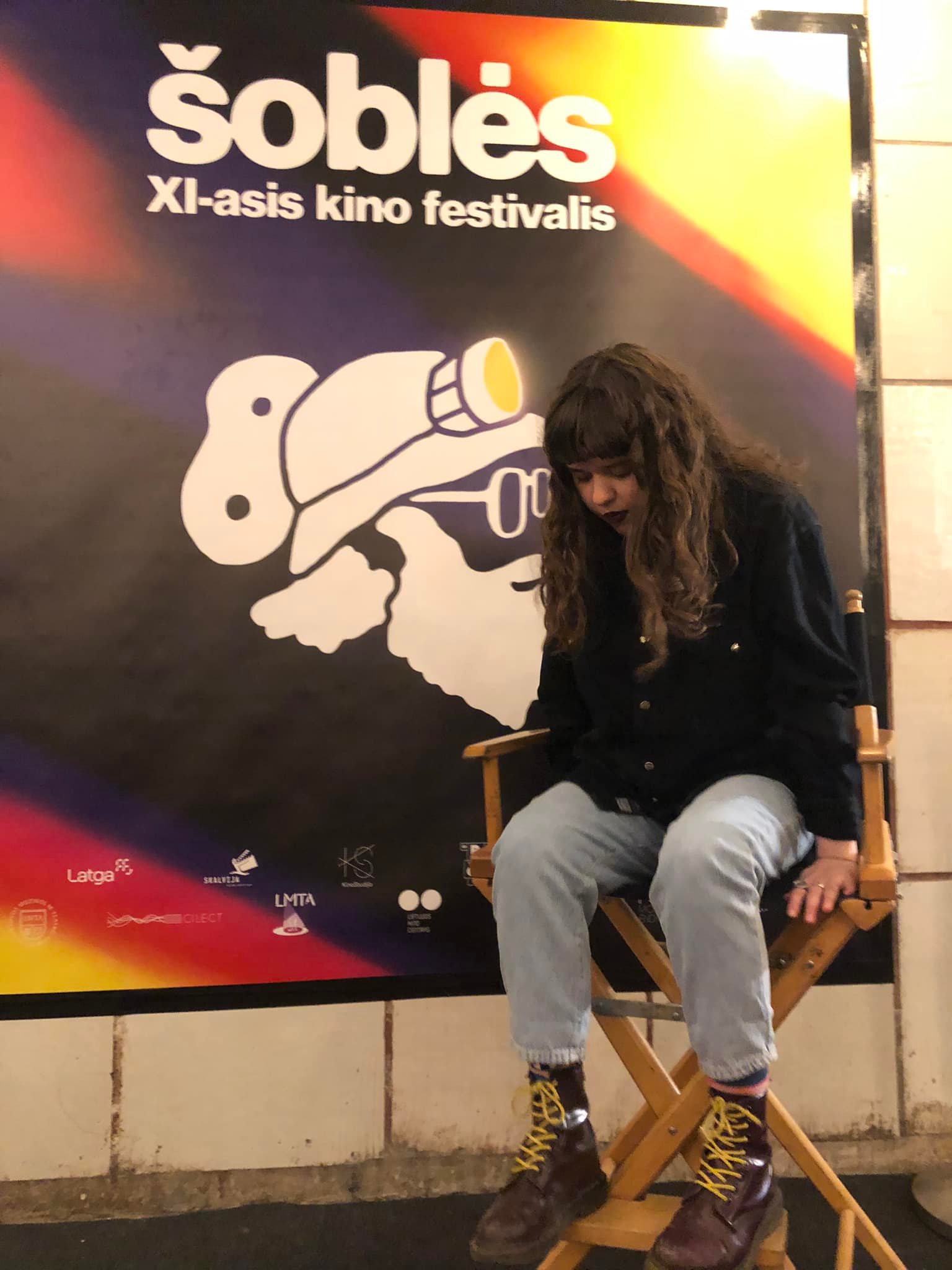Vitallia Mazur, 32, with her then 1-month-old daughter, escaped to Italy in early March, a week after Russian missiles began raining down on Ukrainian cities. Two months later, they returned to Vinnytsia: “My daughter has been growing up so fast. She started to get used to the environment, to people around her. And the most important people — our relatives, my husband — were thousands of miles away,” she said.
Men under 60 are prohibited from leaving Ukraine under martial law, meaning the vast majority of Ukrainian refugees are women and children, and many families have been separated.
Mazur decided to wait until May 9, as many observers anticipated Russia would intensify its attacks amid Victory Day celebrations. Just a few days later she was on her way to rejoin her husband in Ukraine.

“Shortly after we crossed the border with Romania and arrived at our hotel in Chernivtsi, we heard the air raid sirens — that terrifying sound I hadn’t heard for 60 days. I'm not going to lie, I felt quite anxious,” she recalls. “But when we finally got to our family home in Vinnytsia, I felt much calmer. The main thing was that I was back with my loved ones, and we would overcome any problems together.”
While the bloodshed has mainly shifted to the east of the country, with Russian troops forced to retreat from the outskirts of Kyiv and Kharkiv, many Ukrainian refugees feel it is safe enough, or at least less dangerous than before, to come back home.
According to United Nations Refugee Agency data, over 8 million people have crossed the border with neighboring countries since the start of Russia’s full-scale invasion of Ukraine on Feb. 24, and more than 3.5 million of them have asked for temporary protection status in EU countries as of June 21. But the data going in the other direction is 2.8 million, suggesting that about a third of Ukrainians who fled the war may be going home.
This is especially true for cities like Kyiv, where two-thirds of its 4 million residents have already returned, according to Mayor Vitali Klitschko.
Used to air raids
One of those Kyiv residents is Renata Zhupanyn, 24, who fled to Poland in late February.
Before the war, she used to travel a lot, practically living out of a suitcase for three years, searching for the perfect place to settle permanently. She considered Warsaw a good option because she speaks Polish and many of her friends live there. However, in a time of crisis, she realized her hometown Kyiv, not Warsaw, was that perfect place she had been looking for all along. She returned to Kyiv in early June.
She admitted she had no idea what the near future holds for her in Ukraine as there is no corner in the country that is entirely safe from potential Russian missile strikes. But she has almost accepted any fate, saying, “if the missile hits my house directly, then it's probably meant to be.”
“I can't explain it rationally, but I feel so much better in Kyiv,” she said. “In Europe, it's good. But my people, my life is in Ukraine. It’s quite ironic as I’ve never thought of myself as a patriot, and I was planning to leave Ukraine eventually. But when I had a chance to immigrate, all I wanted was to go back.”

In a little less than a month at home, Zhupanyn grew accustomed to air raid alerts to the point she rarely reacts to them anymore. Sometimes, she says she even turns off the government app that notifies citizens of air raids so it doesn't disturb her when she is sleeping.
The same goes for Nastia Ladanska, 19, from Lviv, who left for Germany in the early days of the war with her mother and younger siblings but returned home a few weeks ago. She and her husband Andrii rarely go to the bomb shelter when air raids go off.
“I feel safe enough in Lviv. And people around also don’t seem to care that much about alerts. Everyone continues to enjoy their coffees on terraces in city center cafes, just minding their own business,” she said.
Ukrainian authorities repeatedly urge citizens not to ignore the air raid alerts. Following a recent missile strike on a shopping mall in the central city of Kremenchuk on June 27 that killed at least 20 people and injured more than 59 others, President Volodymyr Zelensky said that while there were initially 1,000 people in the mall, many managed to get out on time before the missiles hit precisely thanks to the air raid sirens.
'I have little choice'
The war found Maria Berezovets, 21, in Vilnius, Lithuania, where she went to study at a local university as an exchange student. As soon as the war started she intended to go home to Zaporizhzhia in southeastern Ukraine, to be with her mother, who has a spinal fracture, and therefore wouldn’t be able to evacuate from the city on her own if needed.
But the host university persuaded her to stay in Vilnius, saying they were responsible for her safety and that she should wait at least until the end of the semester. She agreed to finish her studies but ruled out the option of continuing to live in Lithuania as a refugee.
“During those four months, I kept thinking: What if the Russians capture the city or bombard it like Mariupol, and mom is there all alone?” she said, adding that it’s hard not to think of worst-case scenarios with Russian troops being in the Zaporizhzhia Oblast since the early days of the war.

Currently, Zaporizhzhia Oblast is almost 60% occupied by Russian forces.
Berezovets’ mother was against the idea of her coming back while it was still unsafe.
“But I have little choice,” Berezovets said. “I can’t let her be there alone. As long as my mom is in Zaporizhzhia, I will be there, too.”













